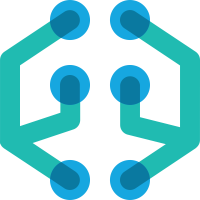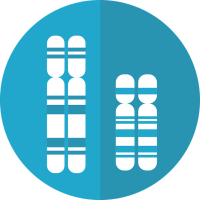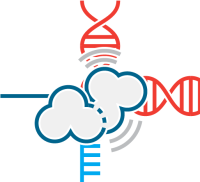Recent advances in genomic technologies have led to the identification of many novel disease-gene associations, enabling more precise diagnoses. Along with the technologies enabling rapid DNA sequencing, multiple computational approaches have been developed to identify structural variants (i.e. relatively large deletions and duplications of genomic sequences). These workflows can lead to the identification of different structural variants, raising the risk of missing disease-causing variants when using only one of those methods.




